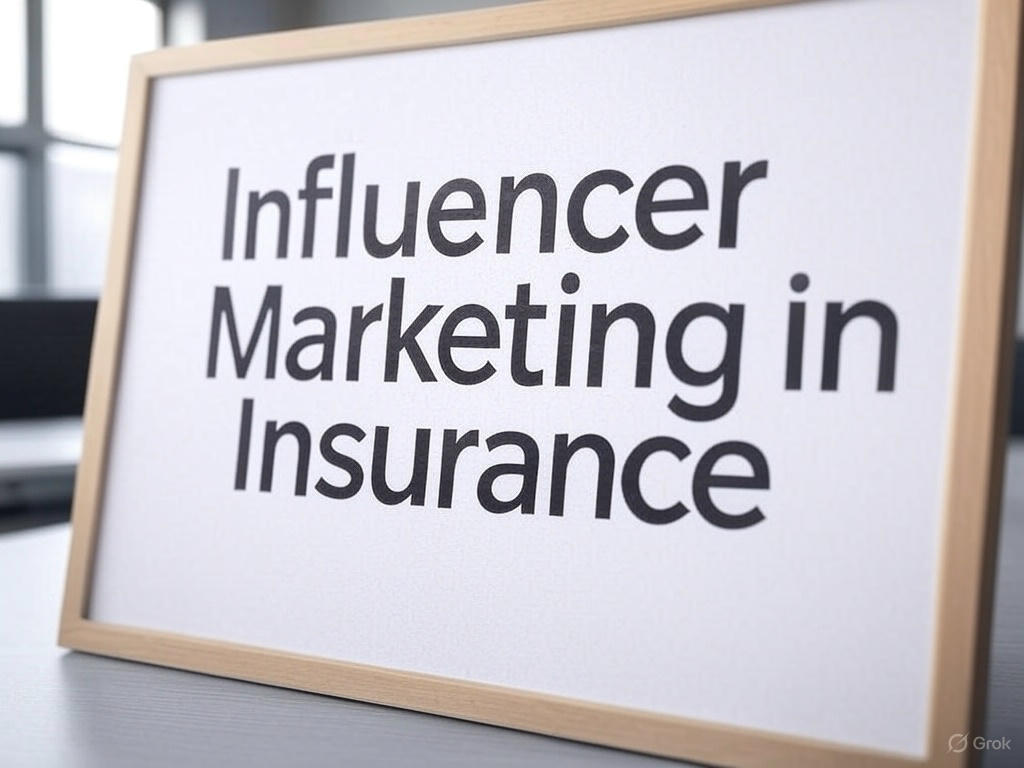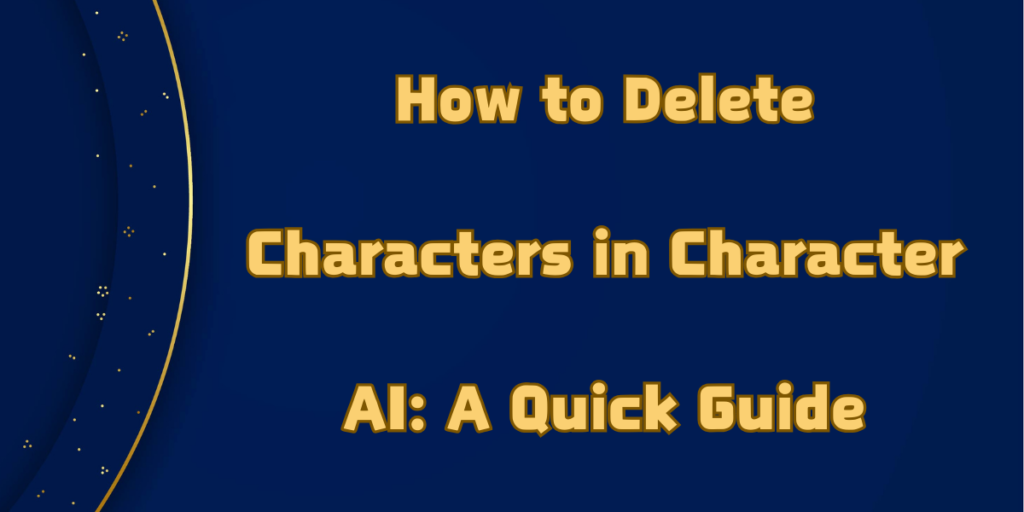There’s no doubt that influencer marketing has become a go-to strategy for eCommerce brands. It’s visual, it’s fast, and it works. But insurance? That’s traditionally been a slower, more relationship-driven industry. Can influencer marketing really carve out a space in such a serious, regulated space?
Let’s take a closer look at how insurance agencies might tap into the power of influencers—and where the opportunities (and limitations) lie.
Why Influencers Work So Well in eCommerce
Before we dive into insurance, it’s worth understanding why influencer marketing has been so effective for online retailers. It’s a simple formula: trust + reach. Influencers build personal relationships with their audiences, often in specific niches. When they recommend a product—whether it’s skincare or software—their audience listens.
eCommerce brands leverage this to generate awareness, social proof, and immediate sales. A well-placed Instagram story or YouTube review can drive hundreds of purchases in minutes.
The Insurance Industry’s Trust Problem (and Opportunity)
Insurance isn’t as simple as buying a shirt or a pair of headphones. It’s a financial safety net, tied closely to personal risk, legal regulations, and long-term commitments. That complexity is exactly why influencer marketing has potential here—because trust is already such a critical factor.
Many insurance buyers, especially younger ones, don’t understand what kind of coverage they need. They’re skeptical of cold calls and complicated policy language. But they do listen to creators they follow on TikTok, YouTube, or even LinkedIn—especially those who speak their language and share relatable life experiences.
This presents an opening for insurance agencies to partner with micro- and macro-influencers who can explain policy basics, bust myths, and encourage people to take action.
What Influencer Marketing Could Look Like in Insurance
The key isn’t to copy eCommerce tactics directly, but to adapt them. That means working with influencers who can educate, not just sell. For example:
- A finance YouTuber walking through how renters insurance saved them from a major financial setback.
- A lifestyle blogger sharing how travel insurance helped during a missed connection or lost luggage.
- A small business coach explaining why cyber liability coverage is essential for solopreneurs.
The goal isn’t instant conversions—it’s shifting perception, building confidence, and warming up an audience to eventually engage with an insurance agency or broker.
Choosing the Right Influencers for Insurance
Not every influencer will be a good fit. Agencies should avoid partnering with creators purely for vanity metrics. Instead, focus on:
- Relevance: Do they talk about personal finance, business, or lifestyle topics that align with your offerings?
- Authenticity: Do they speak to their audience like a real person, or do their posts feel scripted?
- Engagement: Do their followers actually comment, share, and ask questions?
Smaller creators with niche audiences (micro-influencers) often perform better in insurance contexts because they foster deeper connections and come across as more trustworthy.
Navigating Compliance and Brand Safety
This is where insurance differs most from retail. Financial products are heavily regulated, and misstatements—whether intentional or not—can lead to legal issues. That’s why influencer campaigns in this space require careful scripting, disclosures, and compliance reviews.
Agencies need to collaborate closely with influencers to ensure content is accurate, disclaimers are clear, and no false promises are made. This extra layer of diligence might slow down the process, but it’s necessary to protect both the agency and the audience.
Long-Term Relationship Building, Not Just Quick Wins
One-off posts don’t go far in this industry. Instead, insurance agencies should think in terms of long-term partnerships. A six-month collaboration with a content creator who regularly shares useful, relevant advice builds far more credibility than a single sponsored post.
In fact, this long-term approach mirrors the management of insurance agency operations in general—it’s about nurturing relationships, not chasing short-term gains.
Where This Approach Fits into a Broader Marketing Strategy
Influencer marketing shouldn’t replace traditional lead generation. Rather, it can enhance existing strategies. For instance:
- Paired with CRM efforts, influencer content can warm up leads before outreach.
- Used alongside webinars or content downloads, it can drive interest and visibility at the top of the funnel.
- Integrated into retargeting ads, influencer videos can build familiarity and increase click-through rates.
Agencies can also use influencer clips or testimonials in their own channels—email, social media, or even proposals—creating a halo effect around the brand.
Final Thoughts
Insurance is a high-consideration product, which makes trust, education, and relevance key. While it’s not as instant or flashy as eCommerce, influencer marketing has a real role to play in modern insurance marketing strategies. It won’t be about impulse buys, but about informed, confident decisions—driven by creators who know how to speak their audience’s language.
Used wisely, it’s another tool in the modern insurance agency’s toolkit—one that can build long-term value rather than quick-fix wins.





